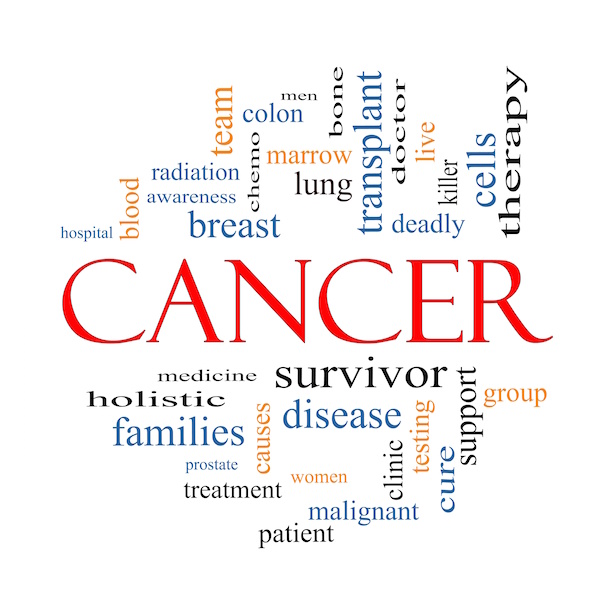
MONDAY, June 14 (HealthDay News) — Uninsured and Medicaid-insured rectal cancer patients are more likely to die within five years than those with private health insurance, largely due to disparities in treatment and cancer stage at diagnosis, new research suggests.
These disparities may be reduced through health care reform, the researchers noted in the June 14 online edition of the journal Cancer.
The study authors, Dr. Anthony S. Robbins of the American Cancer Society and colleagues, analyzed U.S. National Cancer Data Base information on 19,154 patients, aged 18 to 64, who were diagnosed with rectal cancer between 1998 and 2002 and followed until 2007.
After adjusting for a number of factors (including age, sex, race/ethnicity, cancer stage and treatment), the researchers concluded that Medicaid-insured patients were 34 percent more likely to die within five years than privately insured patients. The risk was 29 percent higher for uninsured patients compared to those with private insurance.
Disparities in cancer stage at diagnosis and treatment accounted for 53 percent of the increased risk of death among uninsured and Medicaid-insured patients, while other factors accounted for about 17 of the risk, the study authors found.
“Our main finding, that most of the excess mortality seen among uninsured and Medicaid-insured patients was explained by two modifiable factors [stage and treatment], suggests that improving insurance coverage and reducing cost-related barriers to primary care, colorectal cancer screening and high-quality treatment would have a major impact on colorectal cancer survival disparities,” Robbins said in a news release from the journal’s publisher.
More information
The American Cancer Society has more about rectal cancer treatment.

